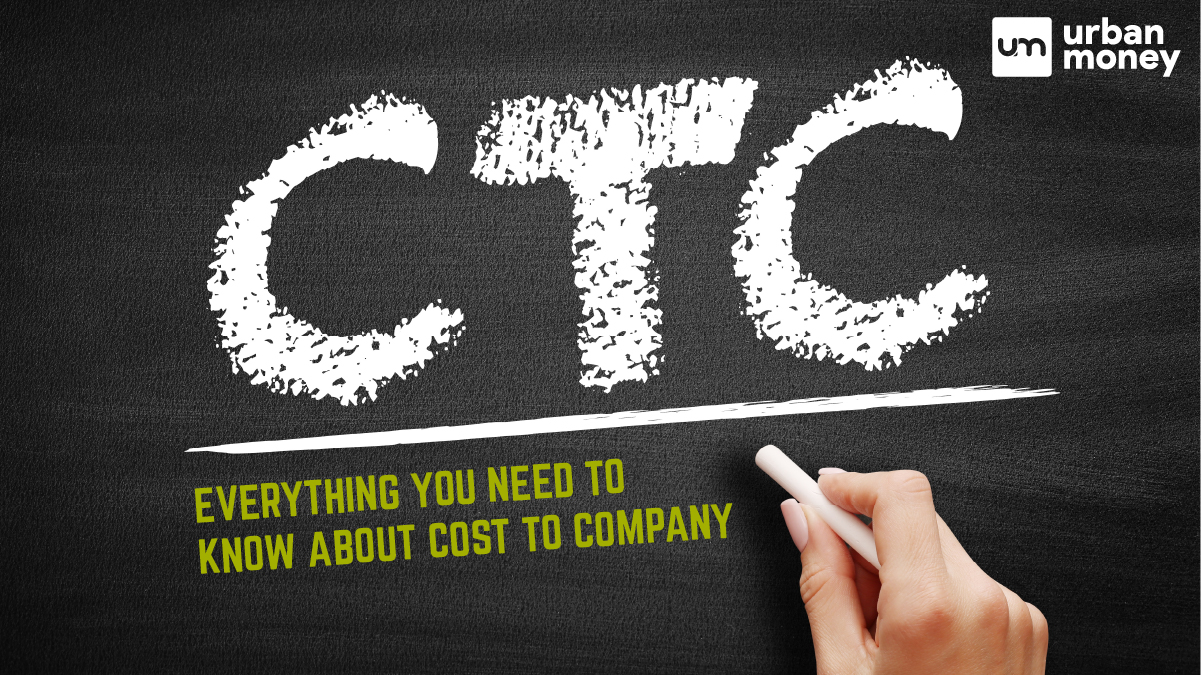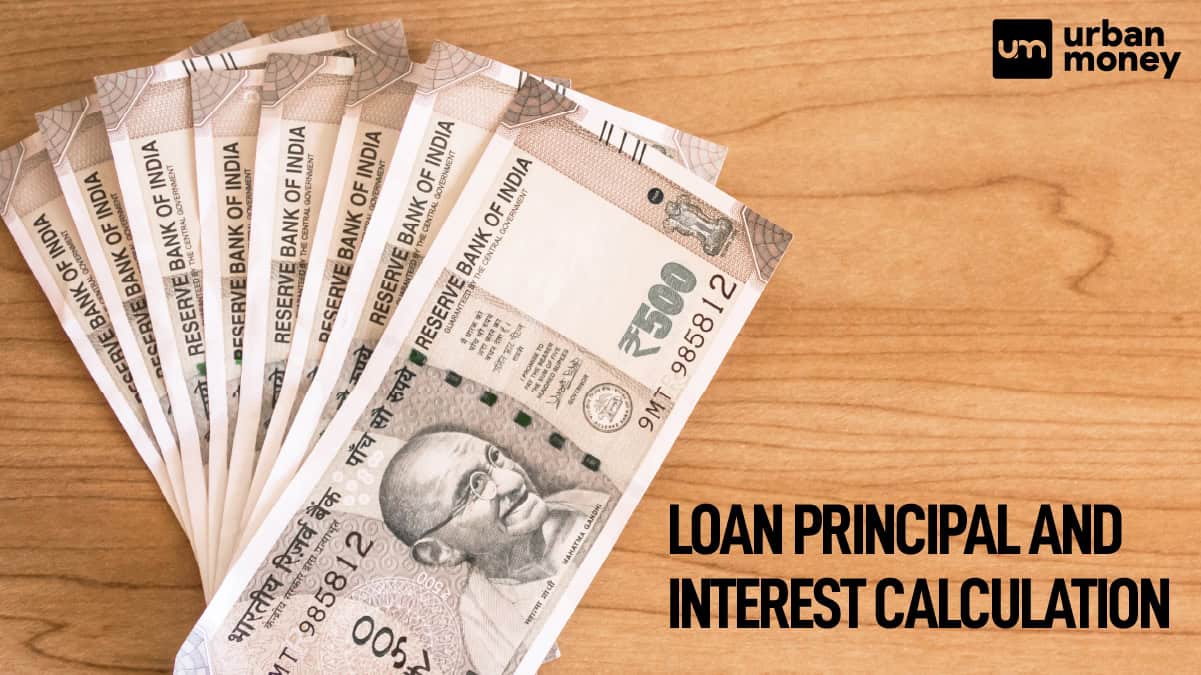Top 10 Best Private Banks in India List 2025
January 09, 2025
Home Loan Archive | Home Loan Insurance

October 06, 2022


Picture your child running to you with a landscape drawing of your home amidst the mountains where the sun shines high and bright. You smile as a home loan allows the dream of owning a house to come true, and the home loan insurance ensures that the EMIs are paid. When you get a home loan, the insurance availed by you protects you from any misfortunes.
Life is unpredictable, and it doesn’t harm one to be cautious. This blog provides in-depth knowledge of home loan property insurance and its benefits.
Table of Contents
ToggleHome loan insurance is a scheme that allows a borrower to be stress-free about the future payments of their home loan balance. At the time of procuring a home loan, the borrower can get it insured as well. Home loan coverage insurance protects the insurer or their family in the wake of misfortunes like death, loss of a job or any accident. This insurance can be perceived as a cushion that softens the financial blow in the odd unforeseen occurrences of life. The insurer enjoys tax benefits when the premium is paid.
Due to the outstanding balance on the home loan or non-repayment, the bank may, in some circumstances, seize the family’s valued assets. Therefore, home loan borrowers should prepare for such a situation and take precautions to keep their loved ones safe from unfortunate events. Without home loan insurance, the bank has the authority to seize your house as collateral in the event of your death or even send in an eviction notice. Your family will be liable for paying the bill even if the house is not taken. As a result, getting mortgage insurance is all but required.
When you apply for a house loan with the service provider, you can get it insured. All significant financial organisations that provide home loans readily offer this as a substitute. Although it is advised that you insure your house loan, according to RBI and IRDA criteria, you are required to do so.
Simply put, no financial institution has the authority to impose a need to purchase mortgage insurance. Whether or not the borrower decides to get this insurance is entirely up to them.
Term insurance and home loan insurance are extremely comparable? This insurance would protect you as a borrower of a house loan up until the end of the loan repayment period. The home loan property insurance period terminates once the remaining loan balance is fully repaid. The nominee may use the money insured to reduce the outstanding balance on the mortgage if the insured individual dies within the loan insurance period. This ensures that the lender bank won’t seize the subject house or any other collateral or assets if there is a default.
Most home loan insurance plans allows for the payment of a single premium. The homebuyers might combine the premium payment and the chosen loan amount. The house buyer might increase the loan amount to INR 72.50 lakhs if the premium on INR 70 lakhs is INR 2.5 lakhs. The customer can include the premium payment in the EMI while paying the outstanding loan balance in EMIs.
Financial organisations do not want the loans they offer to default. Many financial institutions demand borrowers choose house loan insurance cover to prevent such terrible events.
Suppose a borrower does not have home loan insurance. In that case, the lending institutions will have to go through the troublesome process of seizing assets before selling them to recoup the outstanding balance of the home loan in the unfortunate incident of the borrower’s death and the inability of other dependents to pay the EMIs. It is, therefore, a safer proposition for the lender if the house loan borrower has taken out insurance.
As is well known, if a borrower fails on a loan, the remaining sum will be covered by a home loan insurance plan. If the borrower quits their job or passes away, something similar might happen. You can decide between a basic plan and one with additional features for more extensive coverage. For borrowers, house loan insurance is essential since it ensures that their dependents won’t lose their homes in case of an emergency.
Home loan coverage insurance policies with additional optional rider plans are offered by many home loan protection plan providers to increase the benefits of the cover. Additional factors would be incorporated with the home loan insurance policies, such as critical or terminal sickness, unemployment, accidental death, disability, etc.
When you get your property insurance with a home loan, it will protect your money and possessions. To protect your interests in unforeseeable situations, this insurance is essential. When purchasing an insurance policy, you should keep in mind that before choosing among the different possibilities available, you must do your study.
You can get your mortgage insurance through the mortgage lender or any other website that offers insurance coverage. Your desired confidence and safety from unanticipated events are provided by having a home loan protection plan.
Home Loan Protection Plans (HLPP) protect not just the borrower and their family but also cover the home and other related assets. This plan’s features are given below:
Home loan protection insurance is typically a single-premium agreement. This suggests that the fee will only need to be paid once. Because the premium amount is so high, lenders typically add it to the loan amount. The borrower is responsible for paying the premium and the associated monthly payments.
For instance, you would be obliged to pay EMIs based on a loan amount of INR 31.5 lakh if you took out a loan for INR 30 lakh and selected home loan protection, which costs INR 1.5 lakh.
Insurance companies offer various riders or add-on policies to their customers to provide additional home loan coverage insurance. Home loan protection plans offer riders in the following events:
Most home loan protection policies offer life insurance with a death benefit equal to the total amount of the unpaid loans. When the debt is fully repaid, the cover becomes invalid.
The most common method of financing your dream home is a home loan. However, if something happened to you before you could repay the loan in full, your family would automatically be responsible for covering the debt. A buyer of a home has two options: secure the mortgage with term insurance or acquire home loan insurance. Let’s compare the distinction between term and house loan insurance using the following criteria:
When compared to other insurance plans, the premium rates for house loan insurance are often higher because they are paid in one single sum.
Additionally, home loan insurance costs are incorporated into the loan balance. However, the premiums for term insurance are less expensive than those for mortgage loan insurance. Using a premium calculator online, the premiums can be determined and paid annually, half-yearly, quarterly, or monthly.
In accordance with Section 80C of the Income Tax Act, taxpayers may deduct INR 1.5 lakh from their taxable income. Holders of term insurance policies are eligible for this deduction, which lowers their tax obligation. The home loan insurance premium receives the same tax advantages under Section 80C because it is included in the home loan.
Term insurance offers protection for a predetermined amount of time during one’s lifetime. The nominees receive the death benefit in a lump payment if the policyholder passes away during that period, and they can use it to settle the debts. Term insurance can settle any remaining debt after the insured passes away, relieving the surviving family members of the burden of loan repayment. When the remaining loan balance is repaid, the home loan insurance expires. If the borrower passes away during this period, the family may claim the loan insurance to pay off the remaining loan balance.
A borrower is not required to purchase home loan property insurance to apply for a loan by the RBI or the insurance regulatory body. Additionally, banks cannot compel borrowers to purchase insurance from the companies they promote exclusively. However, it is customary for banks to request proof of property and life insurance when granting a mortgage. The borrower’s life and financial interest in the mortgaged property are protected by doing this.
Several banks offer an exemption from paying interest on insurance purchases in exchange for charging a higher interest rate. This is done to make up for the loss risk they would be taking if the borrower passed away or the residence was damaged.
Home loan insurance and home insurance have a massive difference between them. The two terms, however, are often confused and used interchangeably. A person at the time seeking a loan must be aware of the difference between the two. Therefore, we have compiled a few basic differences between the two insurance terminologies.
Other key differences are laid out in the table below:
| Parameters | Home Loan Insurance | Home Insurance |
| Premium | A higher amount of premium | A lower amount of premium |
| Accessibility | It is accessible once home insurance is in place. | It can be accessed even if home loan insurance is absent. |
| Down Payment | It works as an aid in reducing downpayment | Downpayment is not influenced |
Home Loan Insurance not just protects a house but the people residing that make the four walls home. Apart from backing up the policyholder by settling the loan under any circumstance, add the following to the list of home loan insurance benefits:
| Related Resource |
| Home Loans For Women |
| Plot Loans for Land Purchase |
| Top Housing Finance Companies in India |
| Home Buying Tips |
| Top Home Loans |
Yes, it is good to take insurance on a home loan. It protects the borrower against the mishaps like death, job loss and accident and pays the loan balance in full.
The cost of home loan insurance would be around INR 50,000 on INR 1 crore worth of the home loan. However, the cost varies as per the insurance company you choose.
Home loan insurance in the case of death, loss of job or accident settles the remaining balance of the loan. If the loan has already been paid, the insurance will automatically terminate. The insurer can use the insurance amount to reduce the home loan amount to be paid.
Home loan protection insurance is tax-deductible when no additional premium is made. If the premium is paid through EMIs, the insurer is liable to pay taxes.
Home insurance gets tax benefits under Section 80C of the Income Tax Act. If borrowers decide to pay the premiums through EMIs, they will have to pay taxes.










© 2025 www.urbanmoney.com. All rights reserved.

Need Loan Assistance?

Thank you for showing your interest. Our agent will get in touch with you soon.
















